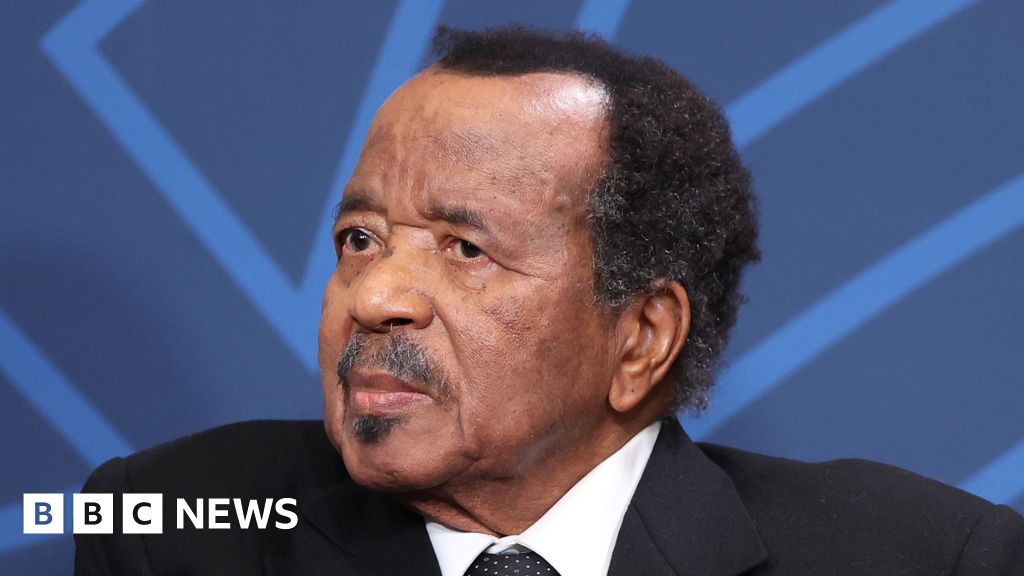TOKYO -- The six-year-old criminal case of Greg Kelly, an American ensnared in the scandal of Nissan’s former boss Carlos Ghosn, turned a page in a Japanese court Thursday, with his lawyer demanding “justice” with a verdict of total innocence.
Kelly, a former Nissan executive vice president, was arrested in 2018, on charges related to under-reporting the compensation of Ghosn, who led Nissan Motor Corp. for two decades. In 2022, Kelly was cleared of almost all counts and given a suspended sentence, which meant he didn’t serve time. He was found guilty for just one of the eight years for which the compensation allegedly was under-reported.
“The news traveled around the world, and Kelly’s reputation was tarnished literally on a global level,” defense lawyer Yoichi Kitamura told the Tokyo High Court.
In his final arguments, Kitamura denounced the lower court verdict as “unreasonable,” saying it didn’t make sense for Kelly to be part of a conspiracy for just the last year.
“I close my arguments by demanding the court carefully consider the evidence presented, come to judgment based on law and evidence to hand down the verdict of totally not guilty, restoring Kelly’s reputation and realizing justice,” Kitamura said, using the English word “justice.”
Presiding Judge Kazunori Karei promised a verdict on Feb. 4.
Kelly asserted his innocence from the start, as has Ghosn. Kelly returned to his home in Tennessee during the appeal and was not present in the courtroom.
Ghosn was also arrested and charged but fled to Lebanon while out on bail in 2019. He says he is innocent. Ghosn is unlikely to be ever tried as Japan has no extradition agreement with Lebanon.
Top Japanese executives tend to get far smaller salaries than their Western counterparts. When Japan began requiring top executives to disclose their compensation in 2010, Ghosn’s annual pay was cut by about half, or 1 billion yen ($10 million).
Testimony and documents presented during the trial showed Kelly tried to compensate Ghosn through possible post-retirement consultancy fees and paying him not to leave for a rival company, known as a “non-compete” agreement.
Kelly, a lawyer, says he was merely trying to retain Ghosn for Nissan’s best interests, using legal means, and the issues could have been sorted out in a board room, not a courtroom.
Prosecutors say they’re confident about their case, which alleges that Ghosn’s compensation was under-reported by 9 billion yen ($63 million) in filings over eight years through 2018.
___
Yuri Kageyama is on X: https://x.com/yurikageyama

 1 month ago
14
1 month ago
14










 English (US) ·
English (US) ·